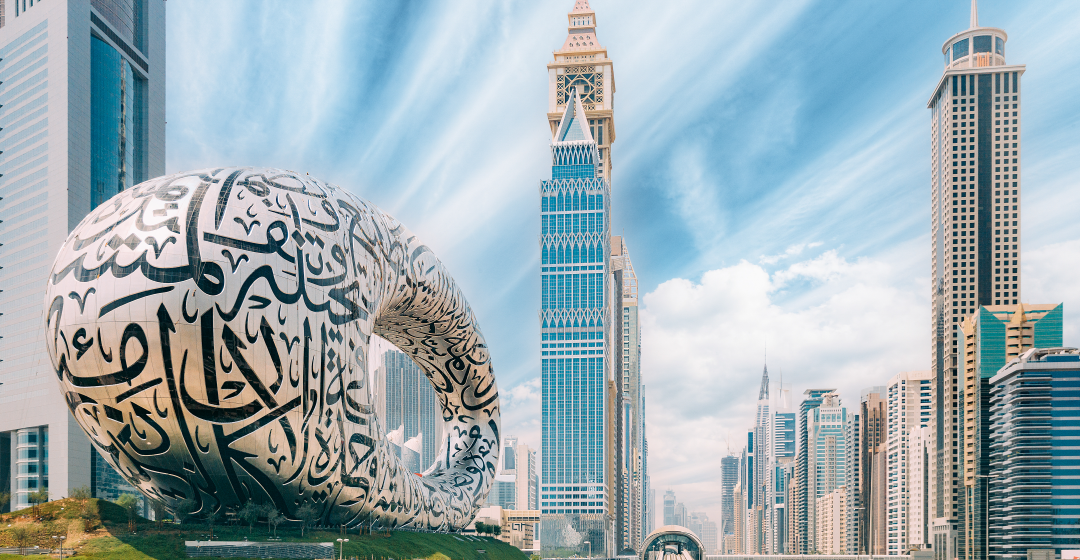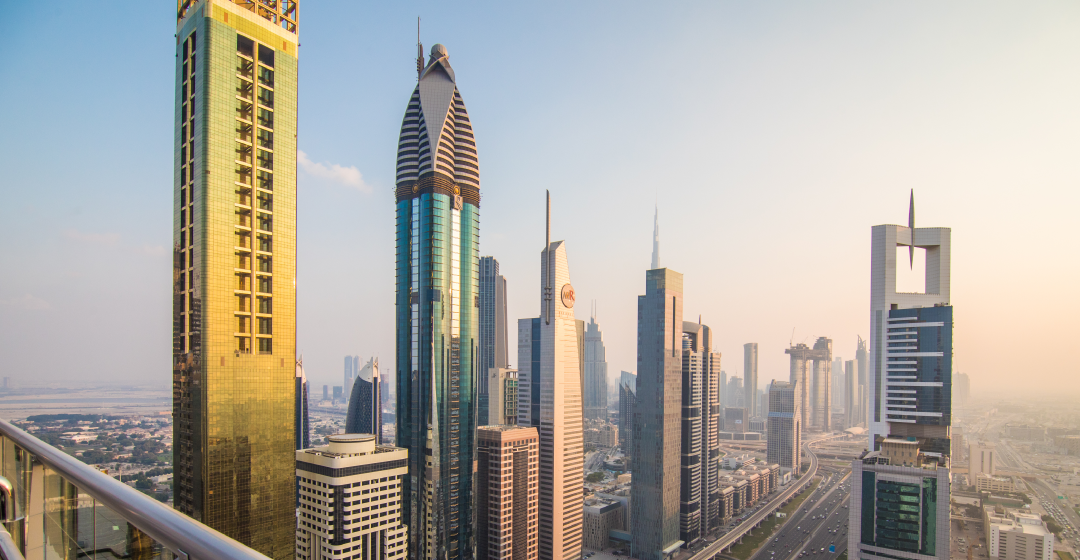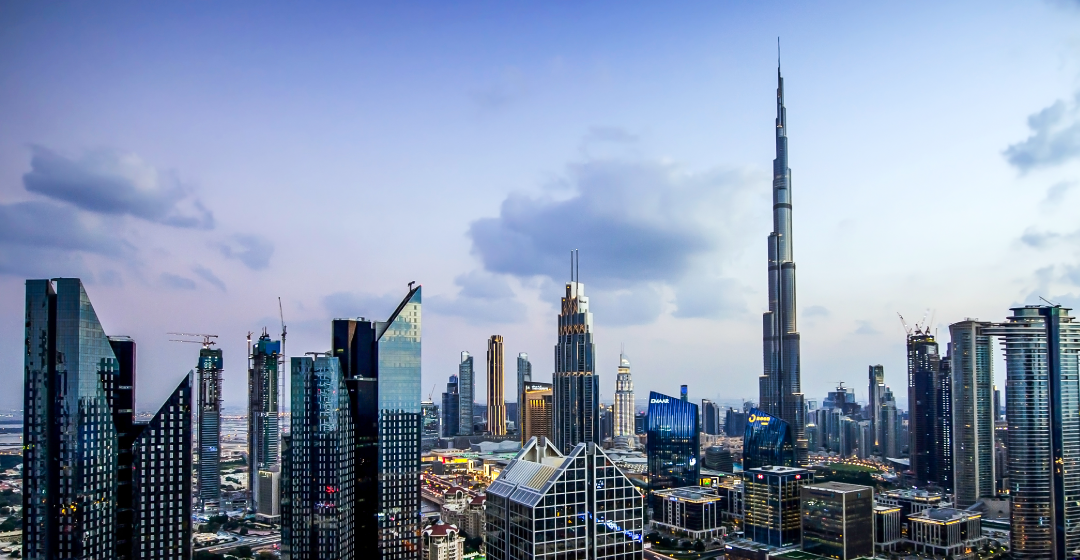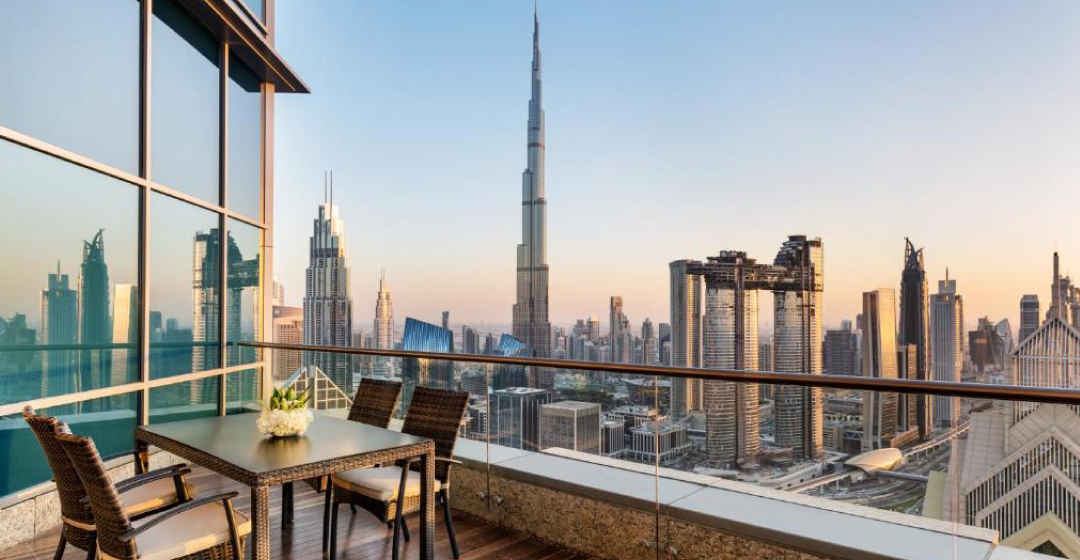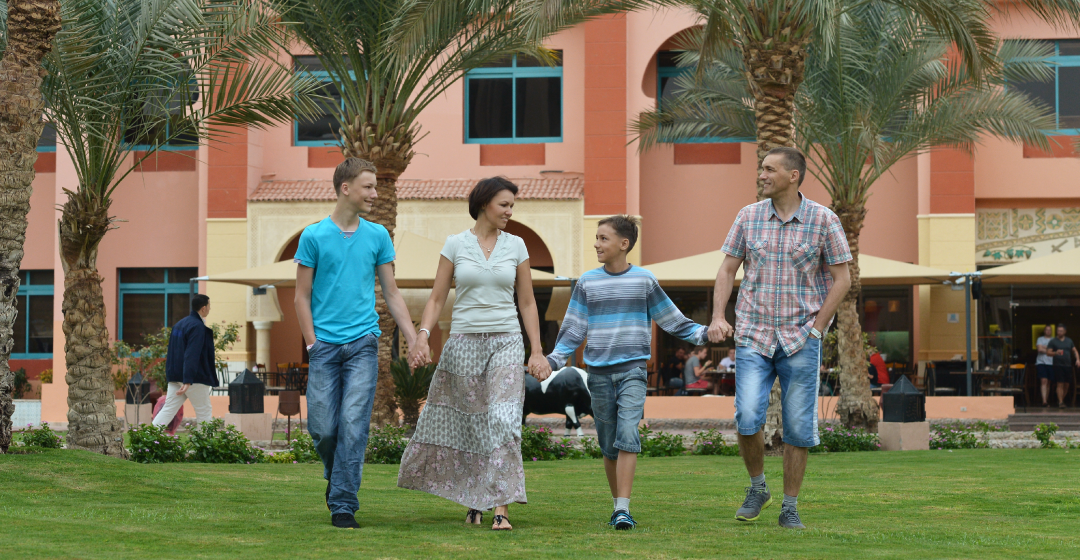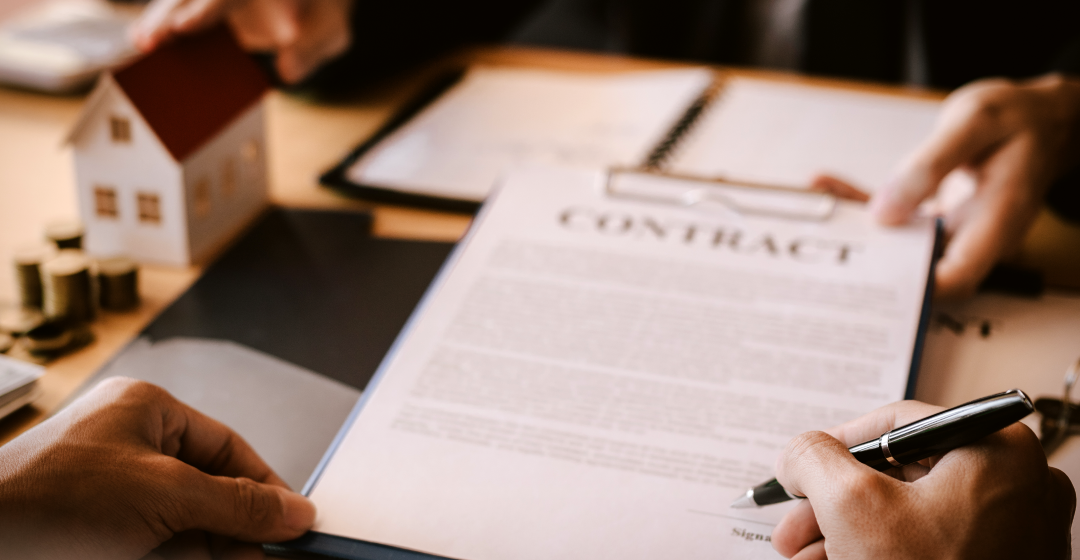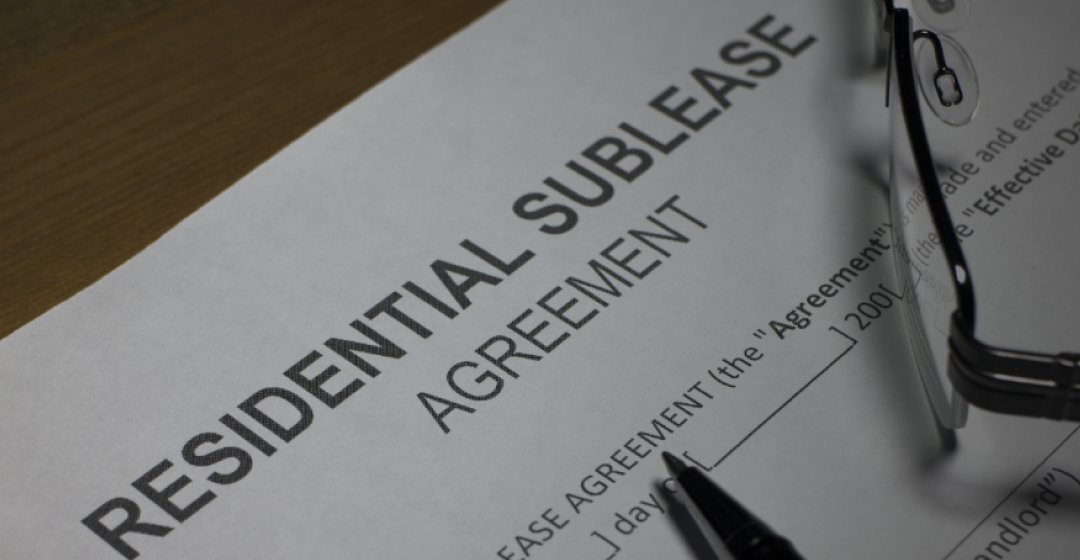Dubai’s Property Market in H1 2024: Key Trends and Insights
Dubai’s real estate market has once again showcased strong growth in all segments in the first half of 2024. The city remains an attractive foreign investment and homebuying hub. Factors like high rental yields, flexible financing alternatives, and attractive residency visa schemes continue to attract investors into this booming market.
In this article we will discuss some of the major trends and data statistics that formed the direction of Dubai’s real estate market for the first six months of 2024.
Property Price Surge
After a brief period of stability at the start of the year, property prices surged across Dubai’s most desirable neighborhoods. The market defied expectations of a slowdown, with a notable increase in prices for both luxury and mid-range properties.
Luxury villas: Areas like The Valley by Emaar saw prices rise by up to 17%
Mid-range apartments: Neighborhoods such as Jumeirah Village Circle (JVC), Jumeirah Lake Towers (JLT), and Al Furjan experienced price increases between 12% and 40%
Mid-tier villas: Price increases ranged from 4% to 23%.
Luxury properties: Prices grew between 5% and 24%
Thinking about buying a property in Dubai? Connect with our experts now for personalized support every step of the way!
Record-Breaking Transaction Volume
The sales volume in H1 2024 exceeded expectations, as Dubai’s property market witnessed a surge in activity. Both residential and commercial transactions saw remarkable growth, bolstered by strong investor confidence.
Total transactions: Over 43,000 property deals, amounting to Dhs 122.9 billion.
Year-on-year growth: The market recorded a 30% increase in transaction volume.
May 2024: Stood out as a record-breaking month, with sales up by 45.9% year-on-year due to delayed transactions from April (caused by heavy rains and flooding).
Price bracket shifts: Transactions in the AED 1,000 to AED 2,000 per square foot category grew by 64.1%, while deals in the AED 2,000 to AED 3,000 range surged by 154%.
Growing Demand for Villas
The demand for villas remained strong throughout the first half of 2024, driven by Dubai’s growing population and the desire for family-friendly living spaces. Developers responded by launching several new villa projects to meet this demand.
Over 3,300 new villas launched in H1 2024, with many set for completion by 2028.
Popular developments include Emaar’s The Oasis, The Heights Country Club & Wellness, and Grand Polo Club & Resort, attracting significant interest from investors.
Searching for the perfect property in Downtown Dubai? Our team is ready to help you find your ideal home in this vibrant area. Connect with us now!
High Demand for Off-Plan Projects
Off-plan properties continued to see high demand in H1 2024, as investors and homebuyers sought opportunities in emerging and established areas alike. Concerns about oversupply were alleviated by the market’s strong absorption rates.
80%+ of newly launched units since 2022 were sold out quickly, showing a robust appetite for off-plan developments.
CBRE data: Over 70% of units launched since 2022 have already been absorbed, reflecting the market’s capacity to handle new supply.
Strong Growth in Rental Yields
Dubai’s rental market remained one of the most attractive for investors seeking high returns. Both affordable and luxury areas delivered impressive rental yields, making Dubai a lucrative choice for buy-to-let investments.
Affordable areas: Dubai Investments Park and Discovery Gardens led the market with yields of up to 11%.
Mid-range apartments: Areas like Dubai Sports City, Dubai Silicon Oasis, and Motor City offered yields above 9%.
Luxury apartments: Neighborhoods like Green Community and DAMAC Hills posted yields as high as 9%.
Villas: In International City, ROIs exceeded 7%, while mid-tier villa communities like JVC, JVT, and Mudon achieved yields between 6% and 8%.
Luxury villas: Areas like The Sustainable City stood out with yields exceeding 7%, driven by unique features and limited availability.
Shift in Buyer Preferences
In H1 2024, the market saw a notable shift in buyer preferences, with increasing interest in suburban and non-prime areas. Homebuyers are looking beyond central hubs, exploring emerging communities that offer affordable, family-friendly living spaces.
Popular emerging areas include International City, DAMAC Hills 2, and The Valley.
These communities reflect a growing demand for affordable, spacious homes away from the city center.
Looking to sell your property in Dubai? Schedule a chat with our experts, and we’ll guide you through every step of the process!
A Global Buyer Base
Dubai’s real estate market remains a magnet for international investors. British buyers topped the list of foreign purchasers in H1 2024, followed closely by Indians, Chinese, and Lebanese. Other prominent nationalities investing in Dubai included Canadians, French, Italians, Dutch, Pakistanis, and Turks, showcasing the city’s wide-reaching global appeal.
Dubai’s real estate market has remained resilient and dynamic, showcasing strong performance despite global economic challenges. The combination of high rental yields, diverse property options, and continued investor interest underscores the city’s status as a top destination for real estate investment. With new developments and strong absorption rates, the outlook for the remainder of 2024 remains promising.
At InZone Properties, we are dedicated to helping you discover the ideal property that aligns with your lifestyle and investment aspirations. Whether you’re looking to buy, sell, or find your dream home, our expert team is committed to guiding you through Dubai’s vibrant real estate landscape. Contact us today and let us guide you toward the exceptional opportunities that Dubai has to offer!
FAQs About Dubai’s Property Market in H1 2024
1. How has the property market in Dubai changed in the first half of 2024?
The property market has experienced significant growth, with price surges in luxury and mid-range properties and a record-breaking number of transactions.
2. What are the key factors driving investment in Dubai’s real estate?
Key drivers include high rental yields, attractive residency options, and flexible financing solutions, making it appealing for both local and international investors.
3. Which types of properties are in high demand currently?
There is a strong demand for villas and off-plan projects, particularly in family-friendly communities and suburban areas.
4. Is it a good time to invest in off-plan properties in Dubai?
Yes, it is a favorable time as off-plan properties continue to see strong sales, with many units quickly selling out, reflecting strong investor interest.
